On the morning of December 21st, the seminar on “The Integration and Development of International Chinese Education and Local International Education” hosted by the International Division of No. 2 High School of ECNU was grandly held in Conference Room 309 of the administration building.
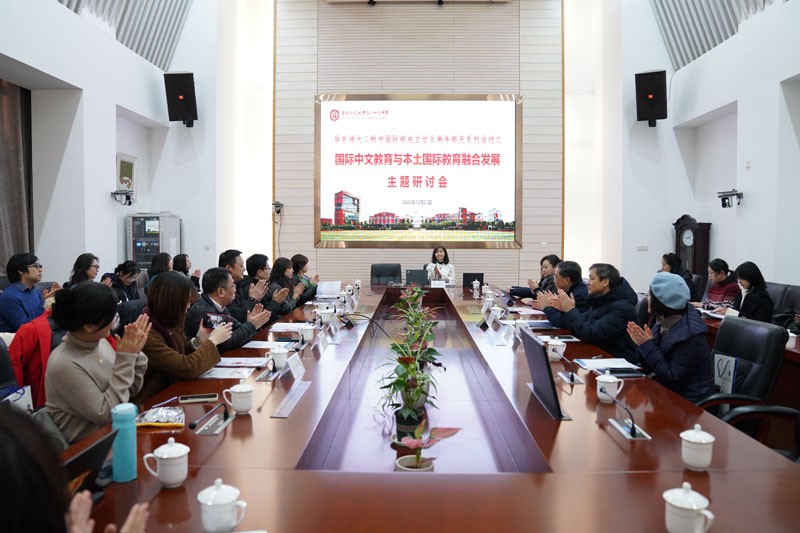
Invited guests of the conference included Professor Ye Jun, Vice Dean of the International College of Chinese Language and Culture at ECNU and expert in international Chinese education, Guo Kanliang, a multilingual teaching researcher from the Shanghai Teacher Education Institute, Liu Hong, Assistant Dean of the International College of Chinese Language and Culture at ECNU, Sun Xiaoqian, a project officer from the International Education Center at ECNU, and Xu Jinjing, the Secretary-General of the Pudong New Area Education Society’s Committee for Teaching Chinese as a Foreign Language in Shanghai, among other esteemed educators. Additionally, the conference was attended by 11 young scholars from secondary schools in Singapore, as well as leaders and teachers from our brother schools such as Yangjing High School, Shanghai International Studies University Pudong Foreign Language School, Jinchai International Division, Concordia International School, and the private Shanghai Zhongxin School. Yuan Jun, Party Committee Secretary of our school, along with Guo Hongwei, Director of the International Division, and Zhou Yajie, Deputy Director of the International Division, were also in attendance.
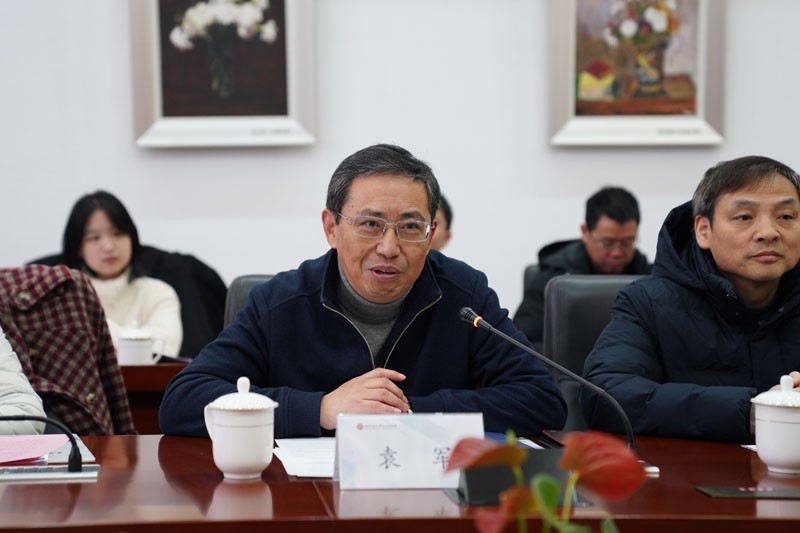
The seminar on “The Integration and Development of International Chinese Education and Local International Education” was officially inaugurated at 9 AM. The event was presided over by Zhou Yajie, Deputy Director of the International Division. To begin with, a teacher Yuan Jun, also Secretary of the School Party Committee, extended a warm welcome to experts from ECNU, the delegation of Chinese language teachers from Singapore, and leaders and teachers from various brother schools in Shanghai. He briefly reviewed the origins and development of international Chinese language education at the International Division over the past two decades, presented the current status of international students and the Chinese language teaching staff, as well as the history of exchanges with overseas sister schools. He also expressed hope for more opportunities in the coming year for interaction and cooperation with brother schools in Shanghai and joint development with schools in Singapore.
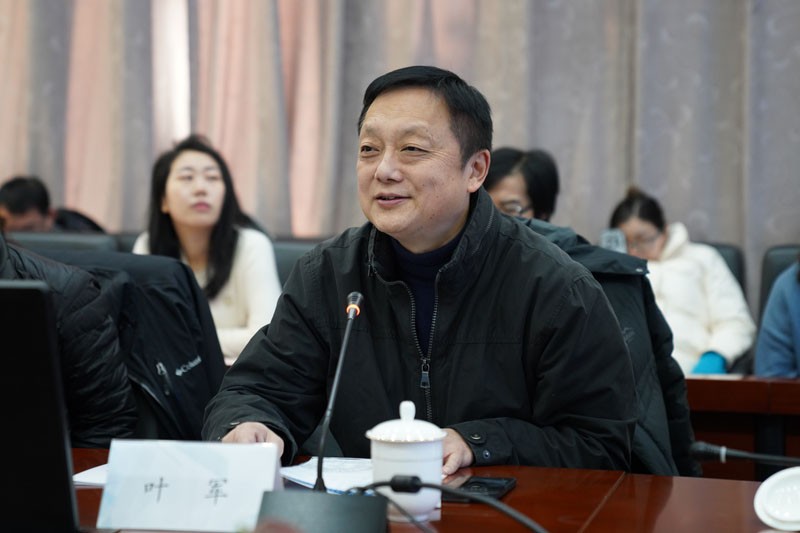
At the conference, Professor Ye Jun, also Vice Dean of the International College of Chinese Language and Culture at ECNU, delivered a keynote speech. He focused on the keyword “integration” and, from the perspective of international Chinese language education, used specific examples to prompt teachers to consider the impact of changes in contemporary society’s linguistic environment and individual language learning on our language teaching. He proposed the “three integrations” for language education in a multilingual era – the integration of second or foreign language with mother tongue education, the integration of second or foreign language with heritage language education, and the integration of language education with multidisciplinary education. He called on language educators to develop an interdisciplinary awareness and to strengthen the organic integration of Chinese language education with foundational subject education, ensuring that the learning of a second or foreign language is truly applied effectively.
During the research results sharing session, Chinese language teachers Dong Yan from a select school in Singapore, Li Yang from a Singapore government school, and Zhou Yajie from the International Division of No. 2 High School, presented their research findings respectively. Dong Yan’s lecture on “Chinese Language Education in Singapore Primary Schools under the International Education Context” provided us with a deeper understanding of Chinese language education in Singapore from both a macro language teaching environment and micro classroom teaching methods. Li Yang’s topic entitled Teaching Oral Expression in Lower Secondary Schools in Singapore offered a novel perspective on international Chinese oral language teaching methods, giving us significant insights into the setting of oral teaching goals, organization and implementation of classroom teaching, and evaluation standards for oral expression. Zhou Yajie’s research on The Impact of Teacher Support on Secondary School International Students’ Engagement in a Blended Learning Environment confirmed previous hypotheses on the influence of teacher support on student engagement through quasi-experimental comparative research methods. This study, from the perspective of educational psychology on the emotional influence of teachers on language learning, has inspired everyone to think about the role of Chinese language teachers in international Chinese education.
After a brief tea break, the teachers visited the school’s television station and observed a live Chinese language class given by Wang Qi, a member of the Chinese Language Teaching and Research Group at No. 2 High school. Following the class, experts Ye Jun, Guo Kanliang, and Liu Hong each provided their critique of the lesson. They praised the delicate design of the classroom activities, the authenticity of the source materials, and the appropriate use of cutting-edge technology in language teaching. They also offered professional and constructive suggestions and feedback.
As the nation marks the 10th anniversary of the Belt and Road initiative, this seminar signifies an important moment for us to jointly explore the new mission of international Chinese education in the new era and journey. It also kicks off a series of events celebrating the 25th anniversary of the establishment of the International Division in 2024. The seminar aims to promote the integrated development of Chinese education both internationally and locally, providing valuable insights and inspiration for enhancing cultural exchanges between China and the world and for cultivating outstanding talents. The school firmly believes that the development of international Chinese education will further facilitate the exchange and cooperation between peoples of all nations and ultimately contribute to the construction of a human community with a shared future.
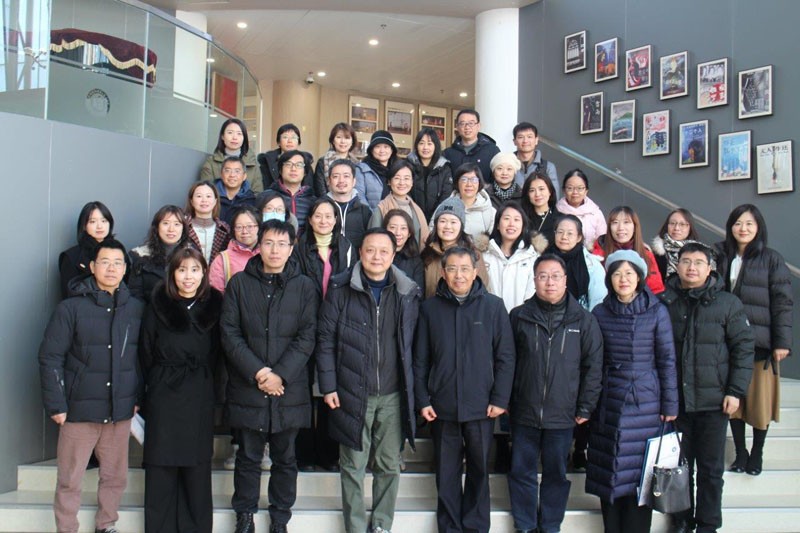
【撰稿:国际部国际中文组 方画】


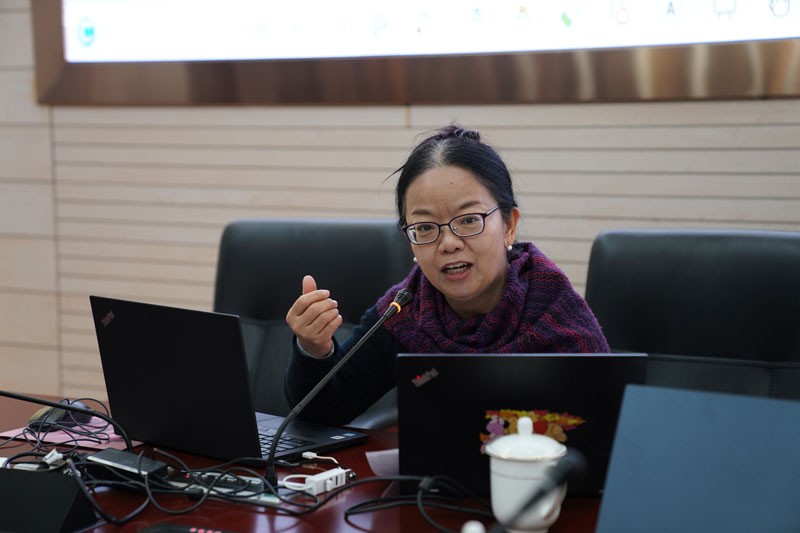
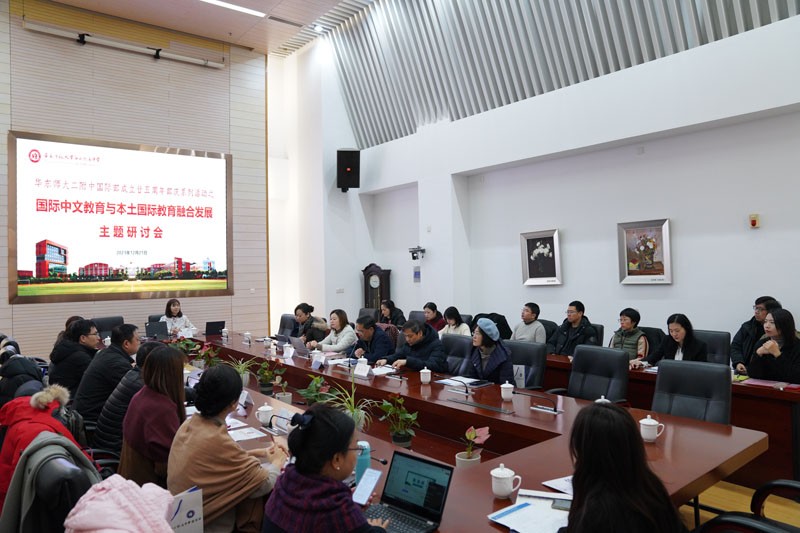
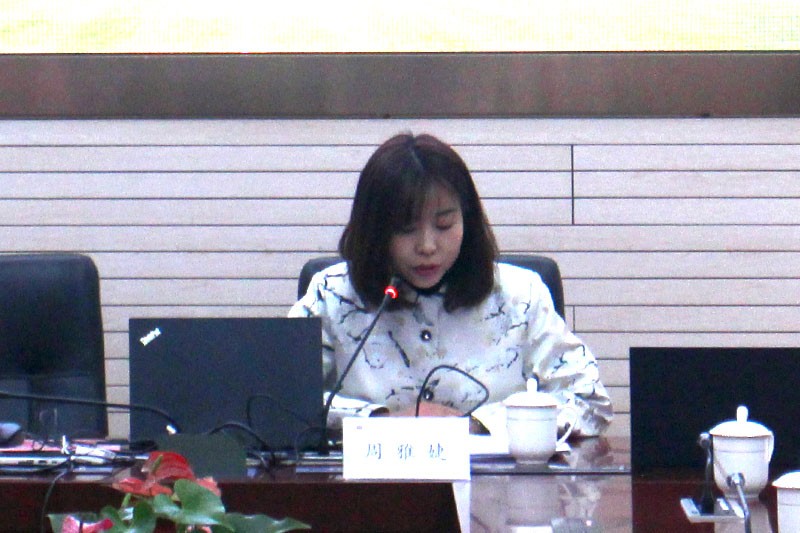
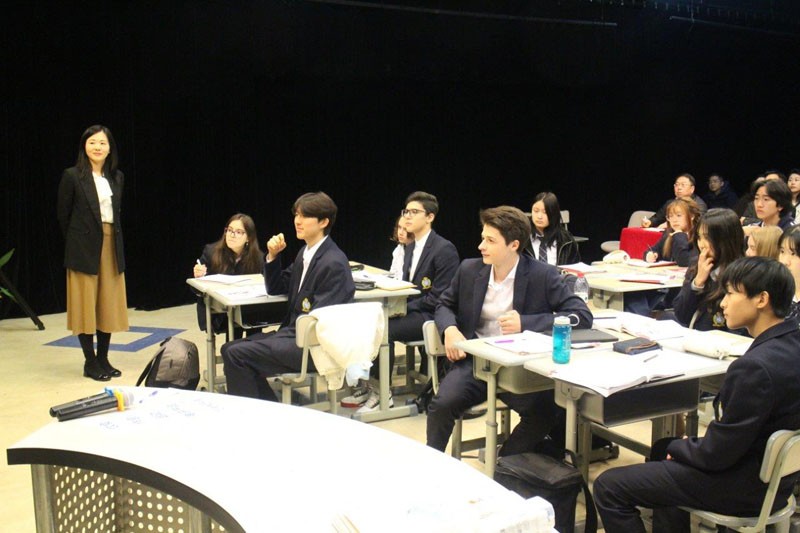
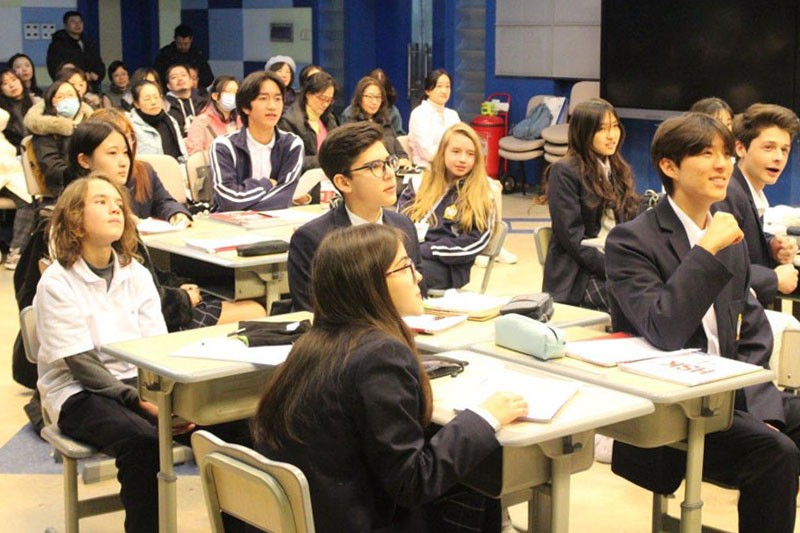
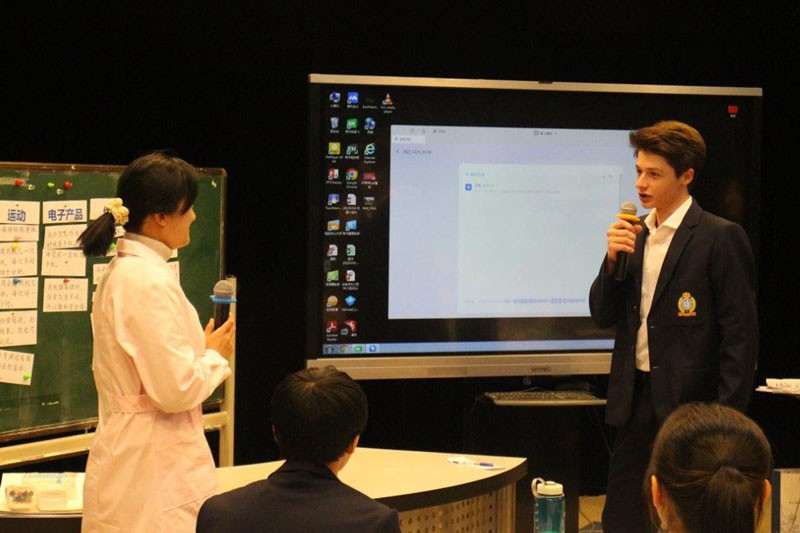
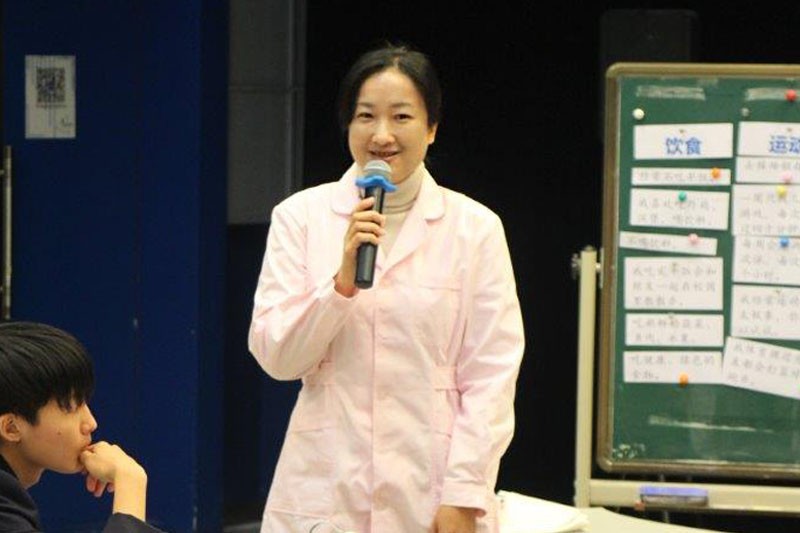
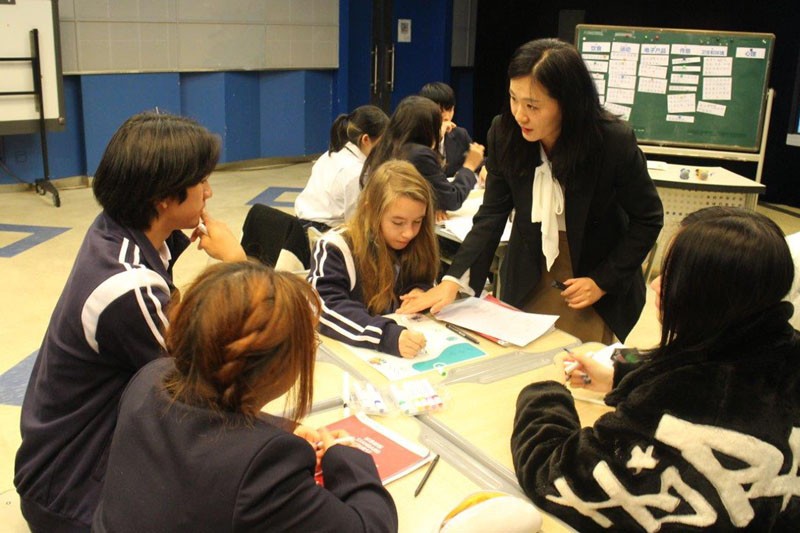
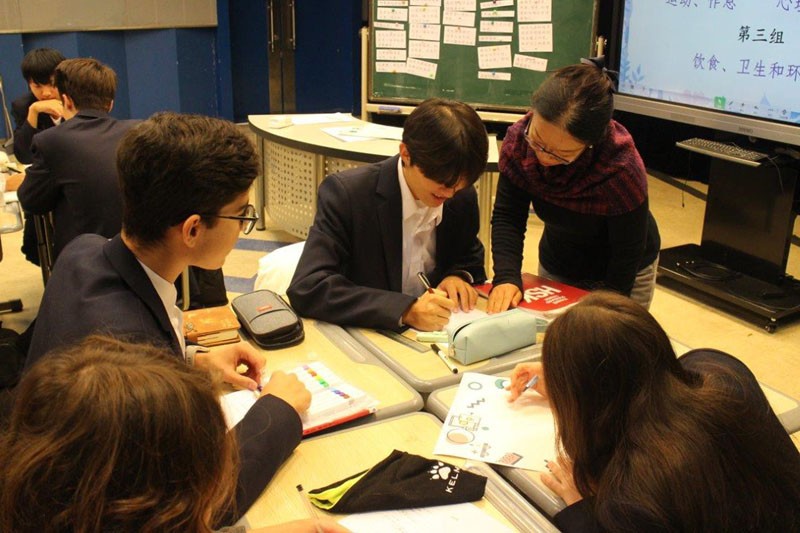
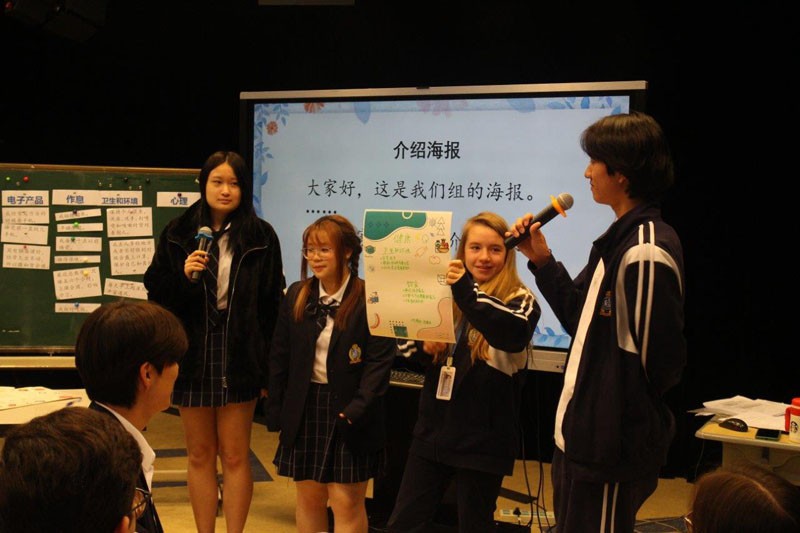
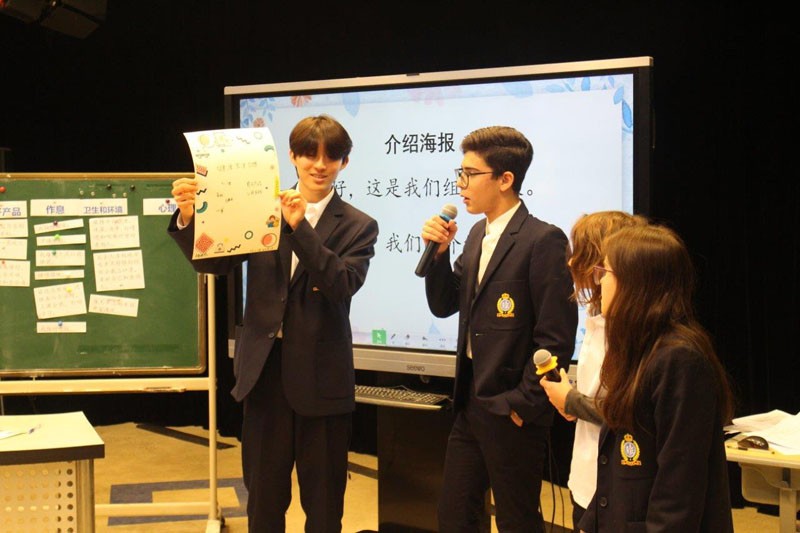
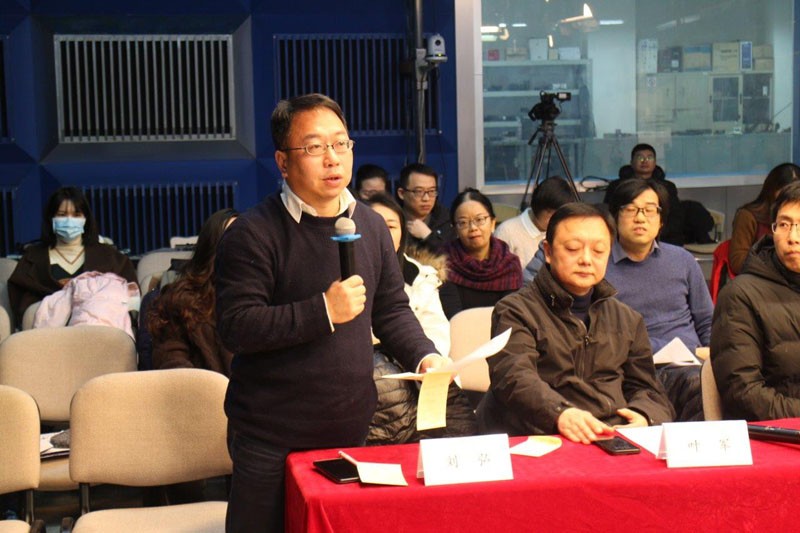
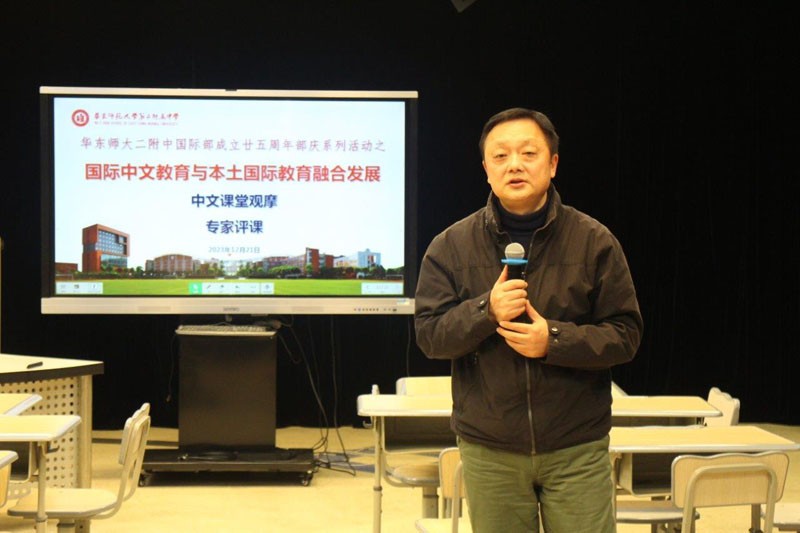
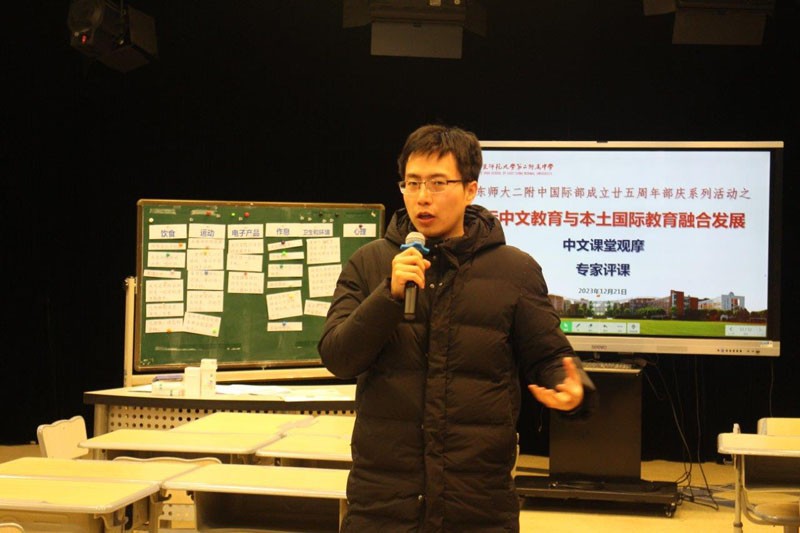
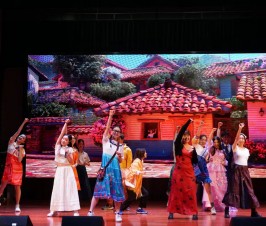
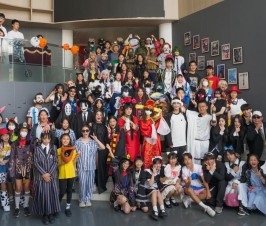
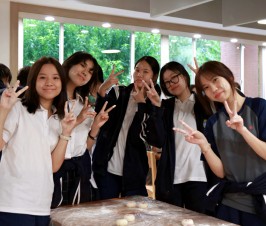

 上海市浦东新区晨晖路555号
上海市浦东新区晨晖路555号 201203
201203 hsefz@hsefz.cn
hsefz@hsefz.cn 021-50801890
021-50801890 021-50804338
021-50804338
